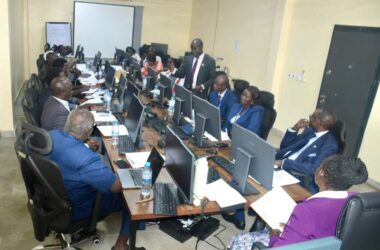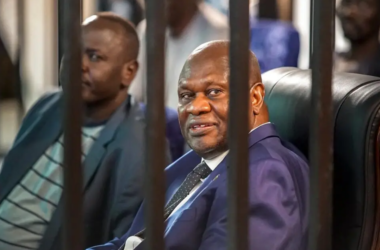By Hou Akot Hou
Authorities and national NGOs recently concluded a five-day strategic workshop in Northern Bahr El Ghazal state, focused on addressing gang-related crimes among youth in Aweil.
The workshop aimed to develop effective strategies to combat the activities of local syndicates often referred to as “gangsters” or “niggers,” who engage in violence and drug use.
The initiative comes in response to rising reports of crimes linked to substance abuse, particularly the use of drugs such as Tramadol, Bang, and alcohol among young people.
Keer Wel Deng, Director of Gender in the Ministry of Social Welfare, stated that the workshop, organized by a local NGO, brought together 50 participants from various sectors, including parliament members, community leaders, youth representatives, and law enforcement.
“The goal is to identify solutions that will encourage these young people to abandon their destructive associations,” Wel explained.
He noted that the participants discussed the alarming trend of nighttime gatherings where gang members consume drugs, often leading to violent behavior.
“As a society, we are witnessing a bleak future for these youth. We have invited organized forces, MPs, and community leaders to collaborate on helping these young individuals, as crime rates are rising in towns,” Wel added.
The workshop highlighted the increasing incidents of teenage pregnancies and robberies attributed to gang activities.
Hon. Mayen Kon, a Member of Parliament and head of the Gender Committee in the Northern Bahr El Ghazal legislative assembly acknowledged the severity of the gang problem in Aweil Town.
Kon plans to propose a motion in parliament aimed at dismantling the gangs.
“We need to implement measures to apprehend them. Our objective is to deter their activities. These gangs are well-known in neighbourhoods like Maper and Ayuang, where they engage in fights and robberies after using drugs,” he stated.
The MP described the situation as precarious, with numerous reports of crimes linked to gang groups.
Participants also discussed the need to engage pharmacists to prevent the sale of drugs commonly abused by youth.



